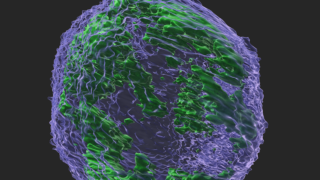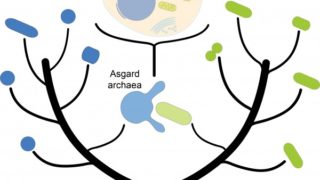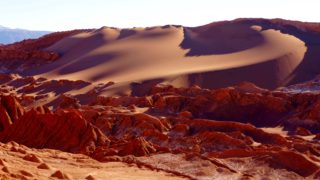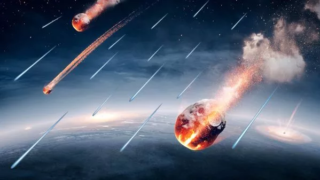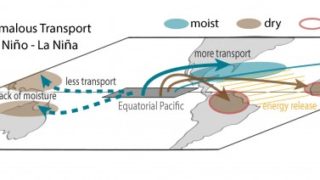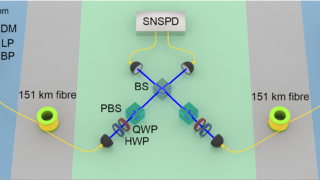
The dawn of the quantum network: quantum interference over 300 km of optical fiber
Computer science • Condensed matter • Physics • Quantum physics
Last year’s Nobel Prize in Physics celebrated the fundamental interest of quantum entanglement, and also envisioned the potential applications in “the second quantum revolution” — a new age when we are able to manipulate the weirdness of quantum mechanics, including quantum superposition and entanglement. A large-scale and fully functional quantum network is the holy grail […]
